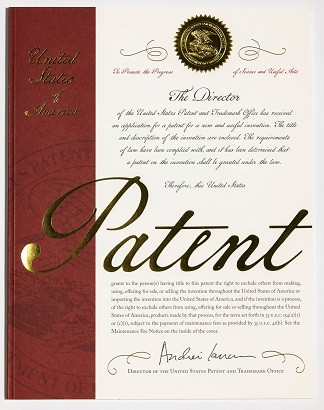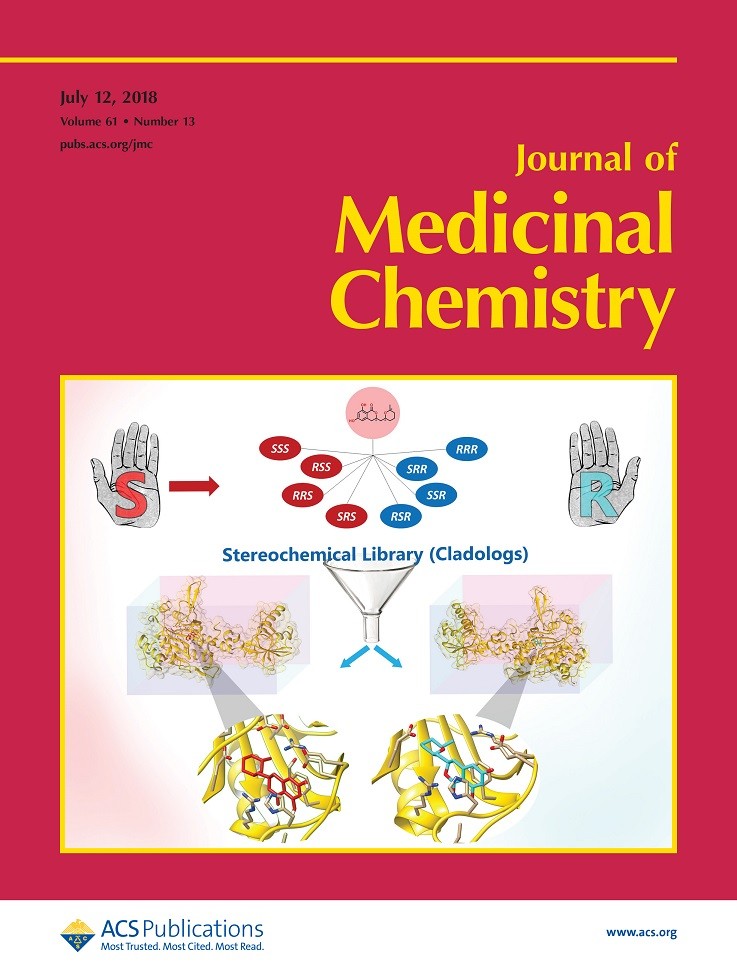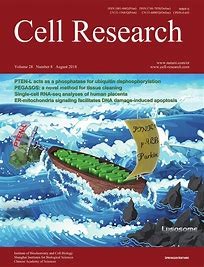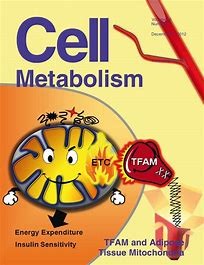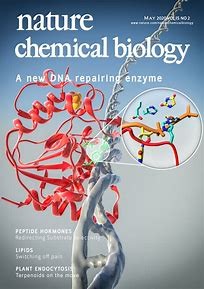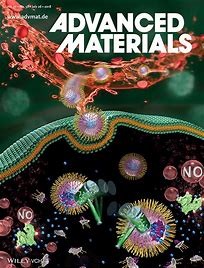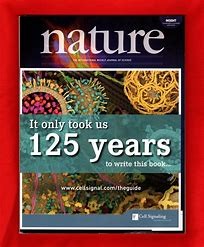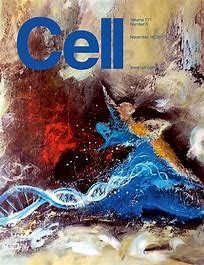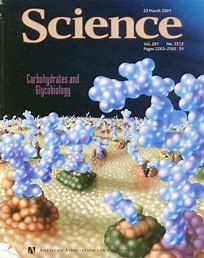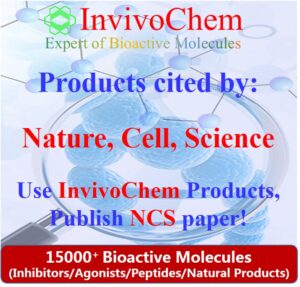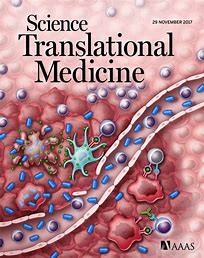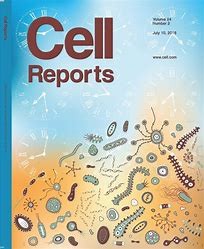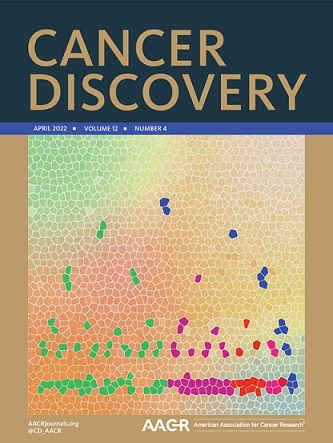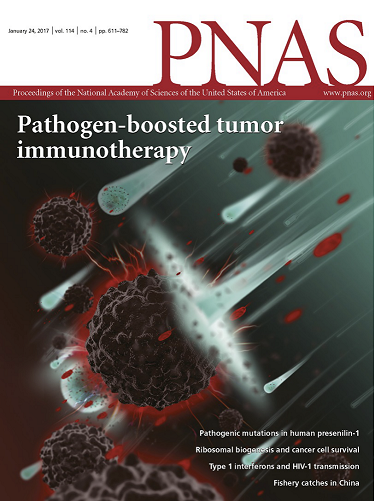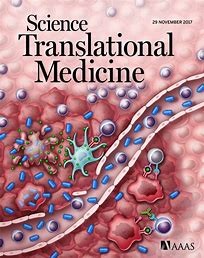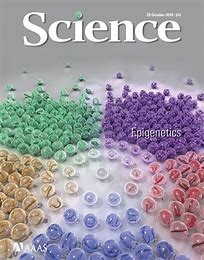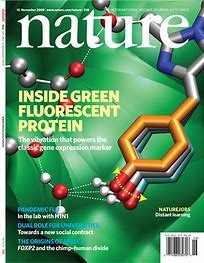SSR-240612 HCl
This product is for research use only, not for human use. We do not sell to patients.
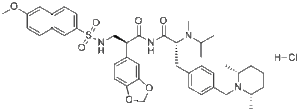
For small sizes, please check our retail website as below: www.invivochem.com
| Size | Price | Stock |
|---|---|---|
| 100mg | $1550 | Check With Us |
| 250mg | $2800 | Check With Us |
| 500mg | $4200 | Check With Us |
Cat #: V3106 CAS #: 464930-42-5 Purity ≥ 98%
Description: SSR-240612 HCl, the hydrochloride salt of SSR240612, is a novel, potent, and orally bioactive specific non-peptide bradykinin B(1) receptor antagonist.
Top Publications Citing Invivochem Products
Publications Citing InvivoChem Products
Product Promise

- Physicochemical and Storage Information
- Protocol
- Related Biological Data
- Stock Solution Preparation
- Quality Control Documentation
| Molecular Weight (MW) | 793.42 |
|---|---|
| Molecular Formula | C42H53ClN4O7S |
| CAS No. | 464930-42-5 |
| Storage | -20℃ for 3 years in powder formr |
| -80℃ for 2 years in solvent | |
| Solubility In Vitro | DMSO: ≥ 100 mg/mLr |
| Water: N/Ar | |
| Ethanol: N/A | |
| Solubility In Vivo | D-Phenylalaninamide, (3S)-3-(1,3-benzodioxol-5-yl)-N-((6-methoxy-2-naphthalenyl)sulfonyl)-beta-alanyl-4-(((2R,6S)-2,6-dimethyl-1-piperidinyl)methyl)-N-methyl-N-(1-methylethyl)-, hydrochloride (1:1) |
| SMILES Code | O=C(NC([C@@H](C1=CC=C(OCO2)C2=C1)CNS(=O)(C3=CC=C4C=C(OC)C=CC4=C3)=O)=O)[C@@H](CC5=CC=C(CN6[C@H](C)CCC[C@@H]6C)C=C5)N(C)C(C)C.[H]Cl |
| Synonyms | SSR240612; SSR-240612 hydrochloride; SSR 240612; SSR240612 HCl |
| Protocol | In Vitro | SSR240612 is a potent bradykinin B1 receptor antagonist, with Kis of 0.48 nM and 0.73 nM for B2 kinin receptors of human fibroblast MRC5 and HEK cells expressing human B1 receptors, 481 nM and 358 nM for B1 receptors of guinea pig ileum membranes and CHO cells expressing human B1 receptor, respectively. SSR240612 inhibits inositol phosphate 1 formation with an IC50 of 1.9 nM, but shows no obvious effect on inositol phosphate-1 formation induced by BK (3 nM) activation of B2 receptor in human fibroblast MRC5 |
|---|---|---|
| In Vivo | SSR240612 (10 mg/kg p.o. or 0.3, 1 mg/kg i.p.) obviously blocks the des-Arg9-BK-induced paw edema in the mice. SSR240612 (10 and 30 mg/kg) reduces the duration of the late phase of paw licking in a dose dependent manner in the formalin model of inflammation in mice. SSR240612 (0.3, 3, and 30 mg/kg, p.o.) treatment before capsaicin potently and non-concentration-dependently reduces the ear edema. SSR240612 (0.3 mg/kg, i.v.) also suppresses the tissue destruction and neutrophil accumulation in the rat intestine, after splanchnic artery occlusion/reperfusion. Moreover, SSR240612 (1 and 3 mg/kg p.o.) dramacally increases the withdrawal latencies in the thermal hyperalgesia induced by UV irradiation in rats |
These protocols are for reference only. InvivoChem does not
independently validate these methods.
| Solvent volume to be added | Mass (the weight of a compound) | |||
|---|---|---|---|---|
| Mother liquor concentration | 1mg | 5mg | 10mg | 20mg |
| 1mM | 1.2604 mL | 6.3018 mL | 12.6037 mL | 25.2073 mL |
| 5mM | 0.2521 mL | 1.2604 mL | 2.5207 mL | 5.0415 mL |
| 10mM | 0.1260 mL | 0.6302 mL | 1.2604 mL | 2.5207 mL |
| 20mM | 0.0630 mL | 0.3151 mL | 0.6302 mL | 1.2604 mL |
The molarity calculator equation
Mass(g) = Concentration(mol/L) × Volume(L) × Molecular Weight(g/mol)
Mass
=
Concentration
×
Volume
×
Molecular Weight*
The dilution calculator equation
Concentration(start)
×
Volume(start)
=
Concentration(final)
×
Volume(final)
This equation is commonly abbreviated as: C1 V1 = C2 V2
Concentration(start)
C1
×
Volume(start)
V1
=
Concentration(final)
C2
×
Volume(final)
V2
Step One: Enter information below
Dosage mg/kg
Average weight of animals g
Dosing volume per animal µL
Number of animals
Step Two: Enter the in vivo formulation
%DMSO
+
%
+
%Tween 80
+
%ddH2O
Calculation Results:
Working concentration:
mg/ml;
Method for preparing DMSO master liquid:
mg
drug pre-dissolved in
µL
DMSO(Master liquid concentration
mg/mL)
,Please contact us first if the concentration exceeds the DMSO solubility of the batch of drug.
Method for preparing in vivo formulation:
Take
µL
DMSO master liquid, next add
µL
PEG300, mix and clarify, next add
µL
Tween 80,mix and clarify, next add
µL
ddH2O,mix and clarify.
Note:
- (1) Please be sure that the solution is clear before the addition of next solvent. Dissolution methods like vortex, ultrasound or warming and heat may be used to aid dissolving.
- (2) Be sure to add the solvent(s) in order.
